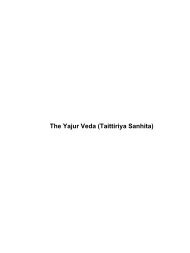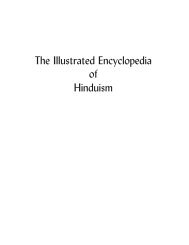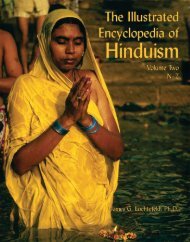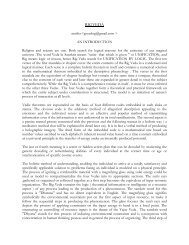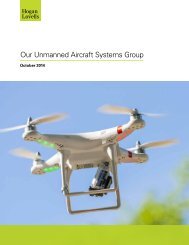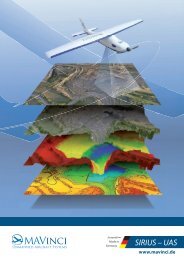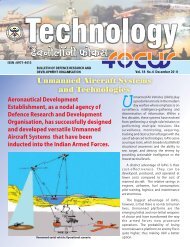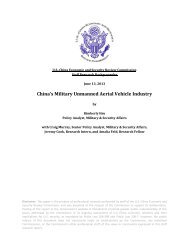A Concise Encyclopedia of Hinduism Klaus K Klostermaie
You also want an ePaper? Increase the reach of your titles
YUMPU automatically turns print PDFs into web optimized ePapers that Google loves.
jätï 90<br />
jätï<br />
(‘birth-group’)<br />
Lineage, sub-caste. Each jätï consists <strong>of</strong><br />
a number <strong>of</strong> gotras (clans).<br />
jauhar<br />
Group self-immolation in a fire, practised<br />
by Räjput women to escape capture<br />
by enemies. Several historical<br />
instances have been recorded at Chitor<br />
from the 14th to the 16th centuries.<br />
Jayadeva (12th century)<br />
Pen name <strong>of</strong> the author <strong>of</strong> the Gïtagovinda,<br />
celebrating the love between<br />
Kø•æa and RÄDHÄ, which is sung at the<br />
JAGANNÄfiHA temple in Purï as part <strong>of</strong><br />
the daily ritual.<br />
Jayantï<br />
One <strong>of</strong> the names <strong>of</strong> the Goddess (DEVÏ).<br />
Jaya-Vijaya (‘victory and defeat’)<br />
Names <strong>of</strong> the two gatekeepers in<br />
Vi•æu’s heaven.<br />
Jha, Ganganatha<br />
(1871–1941)<br />
Eminent Indian Sanskritist, educated<br />
both in the old Pandit tradition and along<br />
modern lines, a specialist in Pürva<br />
MÏMÄßSA. He taught at Muir Central<br />
College in Allahäbad, served as principal<br />
<strong>of</strong> Benares Sanskrit College and was vicechancellor<br />
<strong>of</strong> Allahäbad University. He<br />
translated many major Sanskrit works<br />
into English: Ÿabarabhä•ya, Ÿlokavärttika,<br />
Tantravärttika, and his books include<br />
Prabhäkara School <strong>of</strong> Pürva Mïmäƒsa<br />
(1909), Pürva Mïmäƒsa in its Sources<br />
(1942). He was honoured with the title<br />
‘Mahämahopädhyäya’ (great teacher).<br />
Ji•æu (‘victorious’)<br />
Epithet <strong>of</strong> INDRA, ARJUNA and VIÆŒU.<br />
jïva, jïvätma<br />
Individual (finite) living being.<br />
jïvan-mukta<br />
(‘liberated while alive’)<br />
A person who has achieved ultimate<br />
emancipation while still in a body.<br />
jïvan-mukti<br />
The state <strong>of</strong> being liberated while still in<br />
a body. Some Hindu schools, such as<br />
ADVAITA VEDÄNTA, admit such a possibility,<br />
others deny it.<br />
jñäna (‘knowledge’)<br />
This is especially in the specific sense <strong>of</strong><br />
spiritual wisdom, insight, realization <strong>of</strong><br />
one’s own true nature. (See also VIDYÄ.)<br />
(Jñäna) Sambandhar<br />
(c. 750–825 CE)<br />
One <strong>of</strong> the most prominent NÄYANMÄRS,<br />
Ÿaivite teachers <strong>of</strong> South India. Author<br />
<strong>of</strong> the Tevaram, which ridicules and<br />
attacks Jainas.<br />
Jñäneÿvara, also Jñänadeva<br />
(c. 1275–1350)<br />
Poet-saint from Mahärä•flra, author <strong>of</strong><br />
the Jñäneÿvari, a lengthy commentary<br />
on the Bhagavadgïtä.<br />
joint family<br />
The traditional Hindu family consisted<br />
<strong>of</strong> groups <strong>of</strong> related families belonging<br />
to several generations. It provided security<br />
and shelter to all its members and<br />
created a strong bond between them. It<br />
allowed for little privacy and did not<br />
leave much room for individual decisions<br />
concerning vital issues. While it is<br />
still to be found in rural India, in the<br />
Westernized large cities <strong>of</strong> India the<br />
norm today is the nuclear family.<br />
Jones, Sir William (1746–94)<br />
Orientalist and jurist. He studied<br />
Oriental languages at Oxford. Appointed<br />
judge at the Supreme Court in Calcutta




